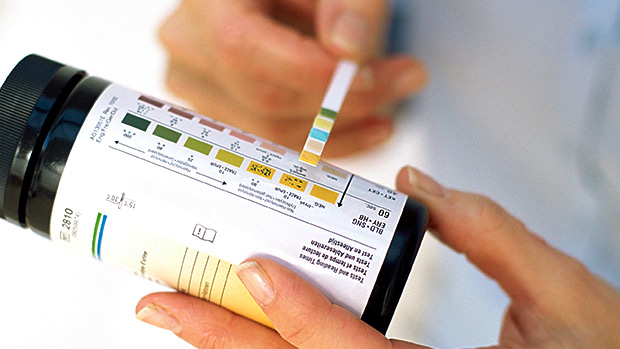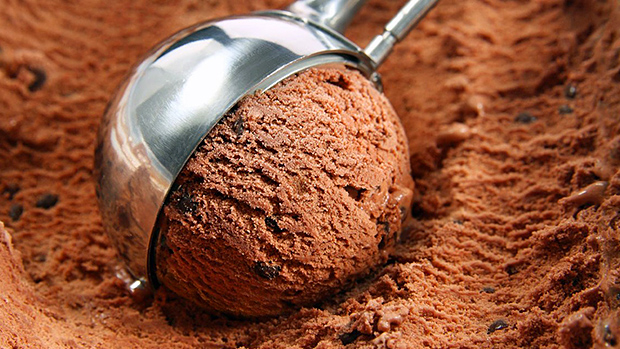Can You Build Muscle on Keto?
Keto has never been and never will be the optimal way to build muscle. Period. So many key processes involved in muscle growth are minimized, if not inhibited, during keto dieting that you just can't grow muscle optimally on it.
For those with no reading comprehension skills and who are already fuming and about to go postal on our Facebook page: Yes, you CAN build some muscle on a keto diet if you're training hard, eating enough protein, and are in a caloric surplus. But it's not optimal if your goal is to build as much muscle as you can.
See, stimulating muscle growth isn't just about tearing down muscle fibers. Several of the key mechanisms that can lead to muscle growth are neglected when doing a keto diet.
1. Keto lowers IGF-1 levels.
Why does this matter? IGF-1 is the most anabolic hormone in the body. The more you have, the more your cells (including the muscle cells) grow. The liver produces IGF-1 levels that go systemic.
The liver needs insulin and growth hormone to produce IGF-1. With keto dieting your insulin production is really low which means your IGF-1 levels will suffer. That's why keto has been considered something that could slow down cancer/tumor development, but that's also one of the reasons why it's not optimal for muscle growth.
2. Keto affects mTOR.
mTOR is an enzyme that speeds up cellular development and growth. This includes muscle cells. Muscle mTOR is activated in part by resistance training, but it's potentiated by some amino acids and carbs, or more precisely, insulin. If your insulin stays low, your mTOR activation is low. For that reason a keto diet can be inferior for muscle growth. But to play devil's advocate, it is one of the reasons why keto (and fasting) is being studied for potential anti-aging properties.
3. Keto is an issue for muscle contractions.
Ketones aren't as effective as glucose for very intense muscle contractions like those found during weight training. Ketones are better than fatty acids for sure, but not as good as glucose. So it could lower your work capacity or performance.
I'll be a good sport and stay that evidence points toward performance maintenance or even increase in endurance events. And you can maintain performance during lifting activities that rely mostly on the phosphagen (very intense efforts lasting less than 12 seconds).
4. Cortisol!
In many people a keto diet leads to higher cortisol levels. As a lifting enthusiast you already know that cortisol is bad for muscle growth. But do you know how bad chronically elevated cortisol really is? Here's how cortisol can slow muscle growth:
- Cortisol increases protein breakdown. The amount of muscle you build is the difference between protein breakdown and protein synthesis. If you increase protein breakdown it's much harder to come away a winner.
- Cortisol can increase myostatin. Myostatin is a myokine (muscle protein) that inhibits muscle growth. The more of it you have, the less muscle your body will allow you to have. If you overproduce cortisol and have chronically elevated levels, your myostatin expression will increase, limiting muscle growth.
- It shuts down the immune system. This is so you'll have more resources available to fight or run away. But if it stays chronically elevated, it'll weaken your immune system. Why should we care? Because muscle damage repair is driven by the immune system. If your immune system is weak, muscle damage repair is slow which will greatly limit growth.
- It decreases nutrient uptake by the muscles. If less protein enters the muscle, you have less "bricks" readily available to build more muscle tissue.
You don't need a huge amount of carbs to optimize muscle growth. You could very well eat protein/fats for most of the day but have carbs before and during the workout to get the IGF-1 and mTOR and facilitate amino acid transport into the muscle and get a big boost in your growth.





